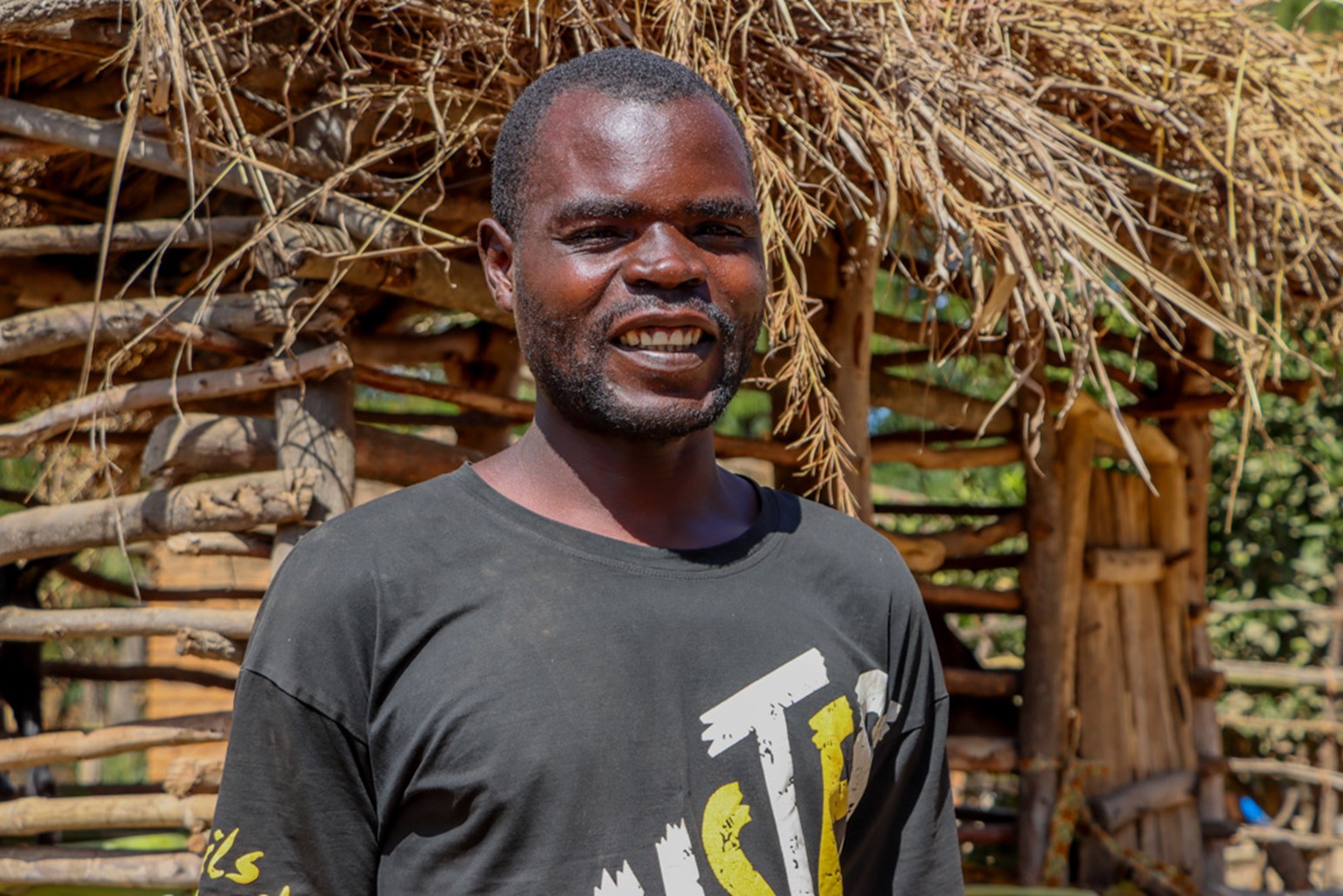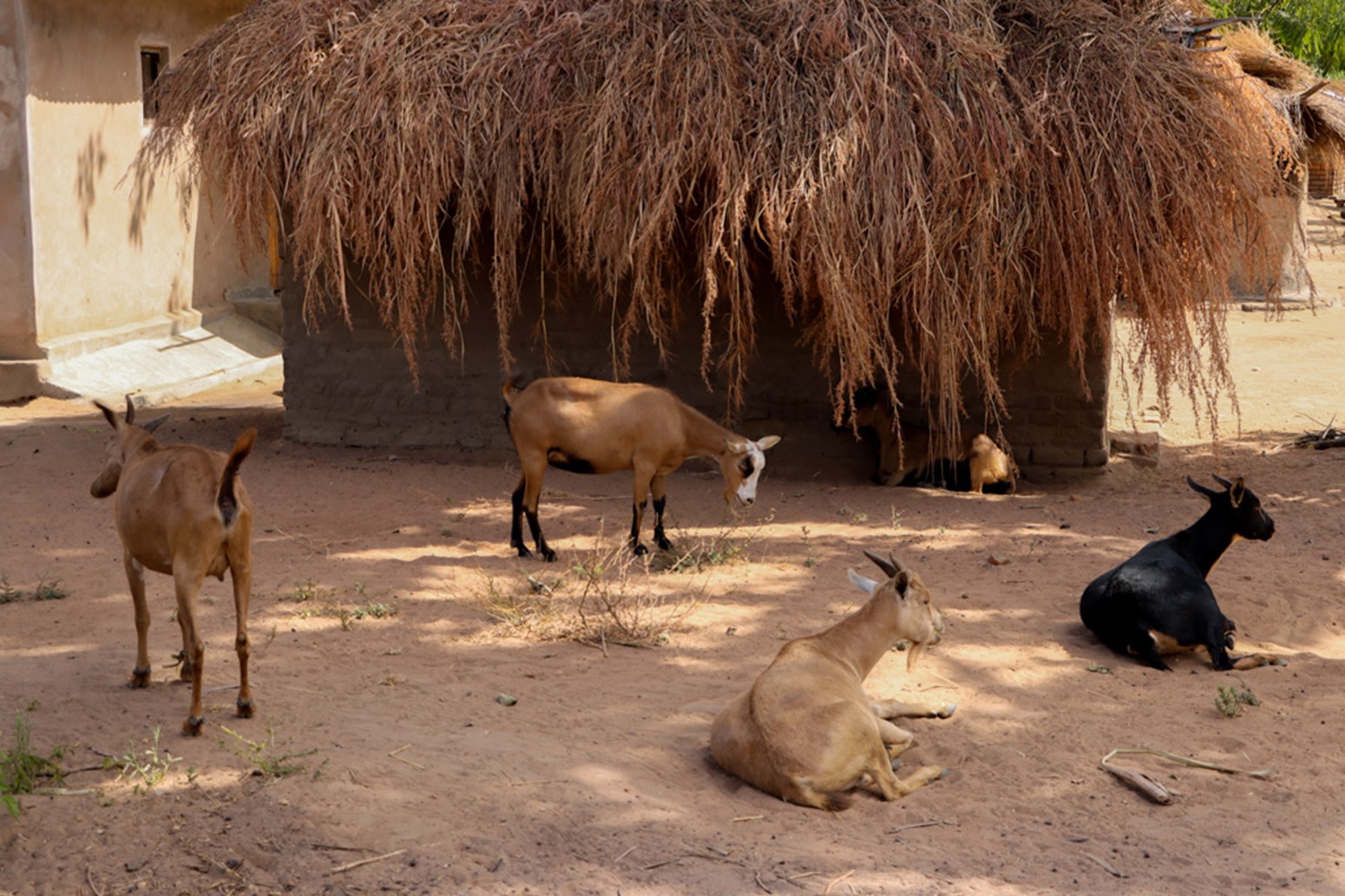
Madalitso Ackim, standing tall in Chimatilo Village in Mchinji, has emerged as a symbol of agricultural success, elevating his status through proper management and the diversified benefits derived from goat farming.
By Francis Botha.

A deeper exploration into the broader impacts at Jekemu Village reveals profound transformation: households participating in the goat project, financed by Norad through the Nansen Grant, have collectively achieved a milestone by generating MWK16 million in sales—a significant breakthrough celebrated widely among smallholder farmers.
From the proceeds, each farmer reinvested at least 40% back into their goat enterprises, spurred by the profitability demonstrated through successive sales. This reinvestment cycle has not only boosted their farming practices but also instilled newfound confidence in the viability of goat farming as a lucrative business venture—moving away from traditional goat rearing practices aimed at prestige but yielding minimal benefits.
Reflecting on this journey, village headman Jekemu underscores the paradigm shift from viewing goats solely as livestock to recognizing their potential as engines of economic growth within the community.
"We take pride in being a model village and early adopters of agricultural extension services," remarked Jekemu, emphasizing their commitment to maximizing the benefits derived from goat farming beyond traditional paradigms.

Madalitso Ackim initially received five goats from Total Land Care as seed capital. However, he swiftly sold them within four months and reinvested in expanding his herd to six goats, while utilizing the remaining money for other agri-based activities. This strategic maneuver laid the foundation for diversifying into soybean farming, yielding a remarkable 36 bags of 50 kilograms each, subsequently sold for MWK2.3 million. Ackim's entrepreneurial insight led him to reinvest in agricultural inputs for the next rainy season and make essential improvements to his household infrastructure.
Reflecting on his journey, Ackim remarked, "This project has reshaped my understanding of farming—it's not just about owning goats but harnessing their potential for sustainable business growth."
He added, "I used to have goats but never realized their full potential like now. Selling livestock through an organized group is beneficial. Previously, vendors duped me a lot. Now I know how to treat goat farming as a business."
Demonstrating his entrepreneurial spirit, Ackim allocated part of his earnings towards purchasing a minimum of 5 bags of fertilizer for the upcoming growing season. With the surplus funds, he procured 30 corrugated iron sheets of 12 feet each to roof his house. Having already sold his second herd of 6 goats, he anticipates receiving 40% of the sales proceeds. Additionally, Ackim has leased 4 acres of land where he plans to cultivate rainfed crops.
Stefan Jansen, Country Director for NCA/DCA Malawi Joint Country Programme, echoed Ackim's sentiments, expressing admiration for the project's profound impact on smallholder farmers.
"By shifting from traditional practices of a goat pass on scheme to a commercial approach," Jansen observed, "farmers are benefiting more in a very short period - not only improving their livelihoods but also contributing to the economic resilience and food security of their communities."
NCA/DCA with support from Norad through the Nansen Grant has thus spent MWK587 million in a landmark procurement of goats, directly benefiting about 4126 farmers in four districts in Malawi.
Published: